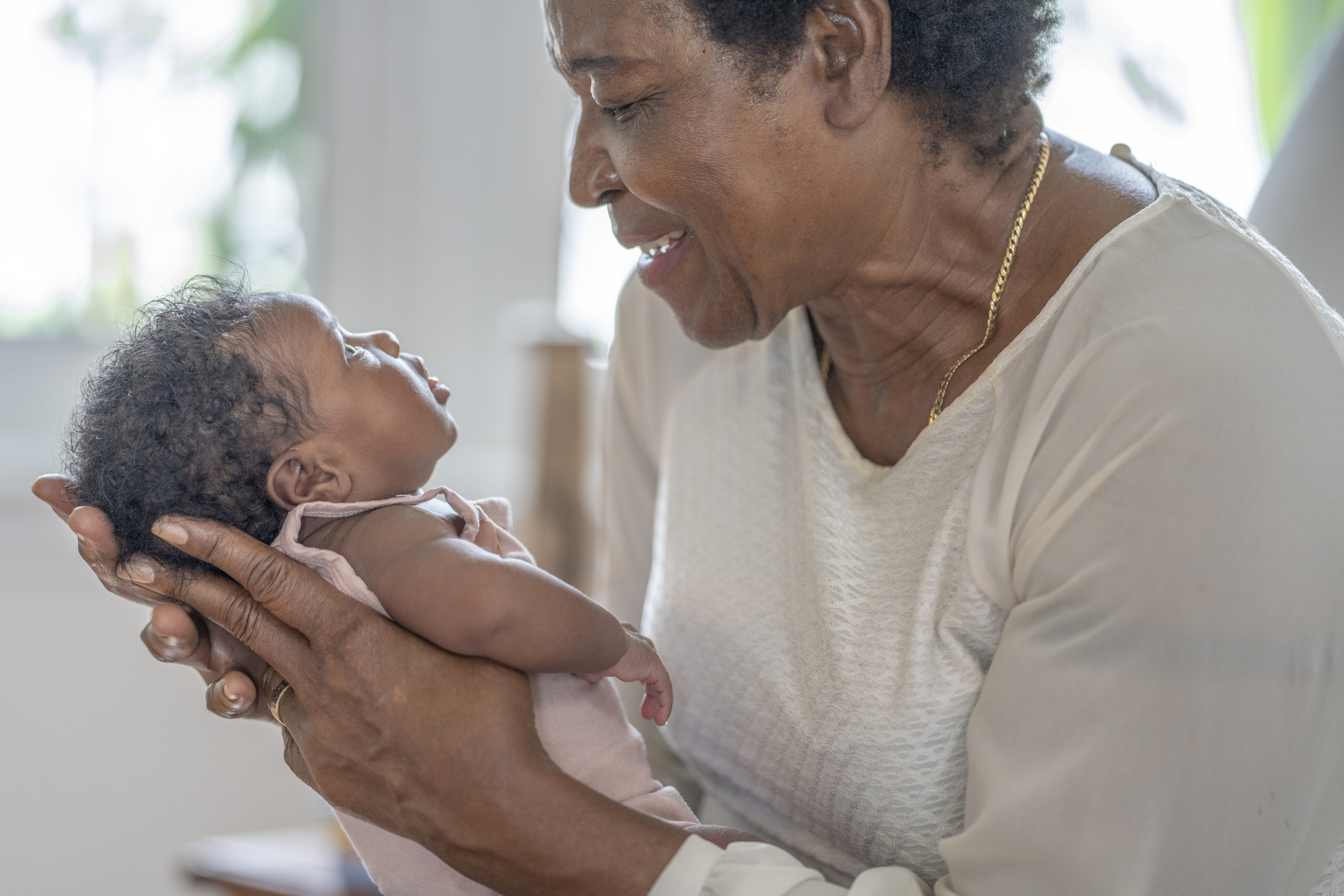
The current rate of whooping cough (pertussis) infections in the U.S. is so high that the country is on track for the most cases since the vaccine was developed in 1948. There were 6,600 cases reported in the first three months of 2025, which translates to 25 times the number reported by that time in 2023. Older adults with waning immunity and unvaccinated babies are at highest risk.
Whooping cough is miserable for older people; I should know, as I had it a few years ago. At the time, I thought there must have been a mistake. Surely this antiquated disease couldn't still be active in the 21st century? But what started as a two-week respiratory illness developed into "paroxysmal" coughing fits — episodes of such intense coughing they can cause broken ribs. And I was sick for almost three months.
With no tragic literary heroines like tuberculosis, whooping cough needs a publicist. It is roaring back this year upon a public that still believes pertussis is a thing of the past. Protecting yourself with a vaccine booster every 10 years is easy. And if you are around babies who haven't finished their course of vaccines, it's especially important to get vaccinated.
What is whooping cough?
Whooping cough is a highly contagious respiratory disease caused by a bacterium. Until the 1940s, when a pertussis vaccine was developed, about 9,000 U.S. children died of whooping cough every year. Nowadays, up to 20 babies die each year from the disease.
Children, especially babies who are not fully vaccinated, face the greatest risk from whooping cough. They are unable to cough productively and may need hospitalization due to complications like apnea, seizures or pneumonia. Two babies in Louisiana have already died in 2025. If you plan to be around babies or small children, it's essential to take precautions for their sake as much as yours. And if you have asthma or are older or immunocompromised, you should also take care.
What are the symptoms of whooping cough?
From my experience, whooping cough is one of the most miserable illnesses you can contract as an adult. It's almost impossible to sleep when you have paroxysmal coughing, leaving you gasping for air and with aching ribs. And the illness seems to go on forever, which is why it is nicknamed "the 100-day cough."
The first stage. For the first week or two, most people may experience a stuffy nose, low-grade fever (less than 100.4°) and a mild cough, according to the CDC. Unfortunately, people with pertussis are very contagious during this phase, when they may think they just have a cold.
The second stage. People may then develop severe coughing fits, lasting between one and 10 weeks. This cough may cause people to:
- Make a high-pitched "whoop" when they inhale after a coughing fit
- Vomit during or after coughing fits
- Feel very tired after the coughing spell but usually seem well in between fits
- Have difficulty sleeping at night
- Struggle to breathe (especially babies)
- Lose control of their bladder
- Break a rib
What does whooping cough sound like?
About a third of people infected with whooping cough develop the "whoop" sound as they try to breathe in after coughing. If you're uncertain what that sounds like, take a listen to the video below:
How to prevent whooping cough
Here's my confession: I had not gotten my TDaP (tetanus, diphtheria, pertussis vaccine) booster shot, which all adults should get every 10 years. In my defense, I had moved several times, my children were small and needy and I had a stressful job. Keeping track of my kids' health care felt overwhelming, let alone my own. But boy, did I pay a price.
If you've never had the TDaP vaccine, or if you're not sure when your last shot was, contact your doctor. The CDC recommends adults have a shot and a booster every 10 years. You should also consult your doctor or pediatrician about vaccines for babies, children and pregnant women.
Does Medicare or insurance cover Tdap?
Yes, Medicare covers the TDaP vaccine. Medicaid, the ACA and private insurance also cover TDaP. To get coverage without insurance, try going to a federally-funded health center or contact your local health department.
Don't be like me
I count myself lucky to live in an age when there is a free vaccine that's only required every decade to prevent an awful disease. So, there's no need to suffer through an illness that can be prevented. Take it from me: you really and truly don't want whooping cough.







